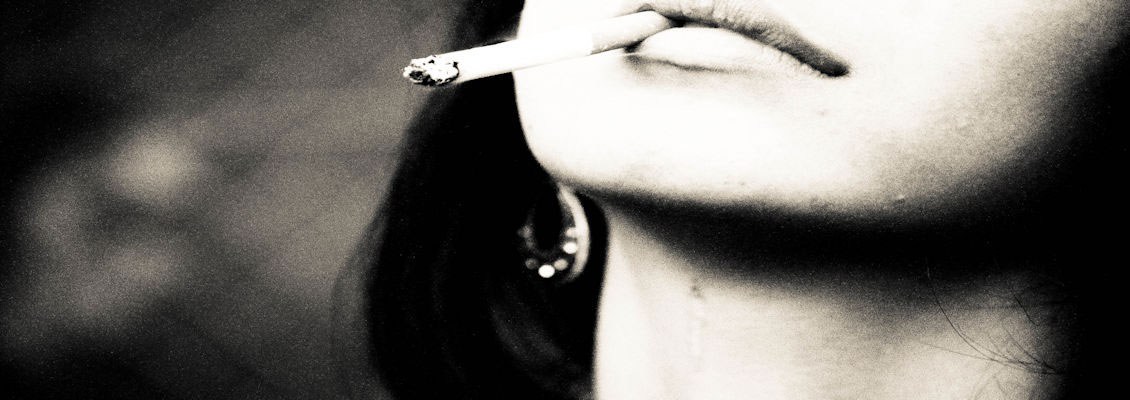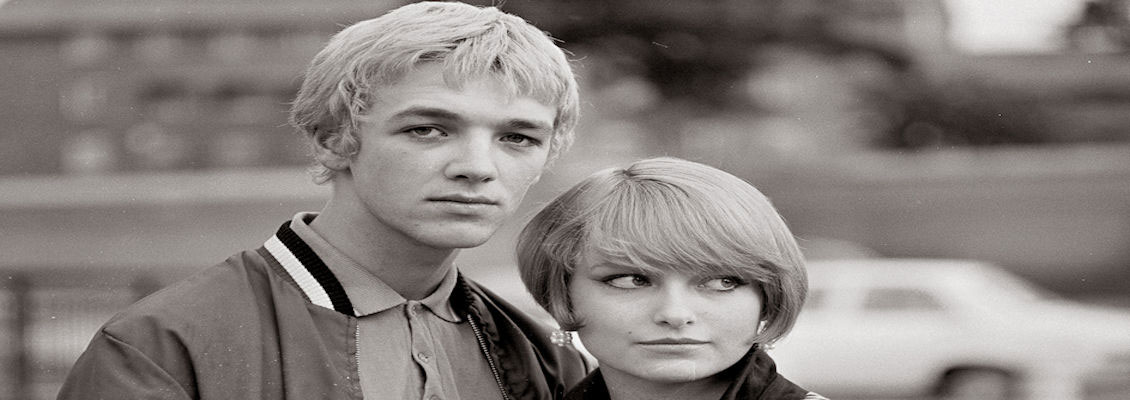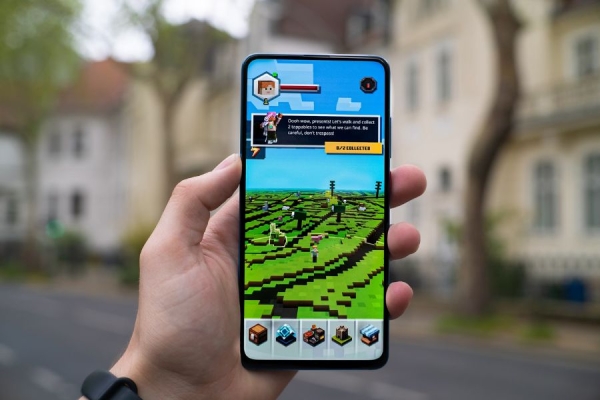Gaming is one of the most popular sectors in entertainment today. Now that video games are truly mainstream, some of the most popular franchises have led to live-action and animated remakes on the silver screen.
Find The Best Online Casinos in Ireland for your Desired Requirements
Written by Bob RogersFinding a quality online casino in Ireland is considerably harder than most people suspect. If you have searched yourself, you will already know this to be the case.
The Ultimate Video Game Soundtracks from the Last Decade
Written by Chris BaxterIt's no secret that a great video game is only made even better by a brilliant soundtrack. Whether it's to add a little excitement to intense scenes or keep you entertained during moments of buffering, a great song can make all the difference to the game-playing experience.
Why Diversifying is Key to a Successful Music Career
Written by Ian Park
From Spotify to Soundcloud, YouTube to Bandcamp and all the social media channels in between, there are more ways to promote new music than ever before. In fact, how many of us have spent the last few days using our Spotify Wrapped to recall some new artists we discovered in 2022?
Does A Slow Start in the World Cup Group Stage Matter in the End?
Written by Brett MarieWhenever a World Cup gets underway, we often talk about how important it is that teams get off to a strong start in the group stage. It stands to reason that the team that sets out their stall early, playing good football, scoring lots of goals and winning matches with ease will have the best chance of going on to win the tournament.
















